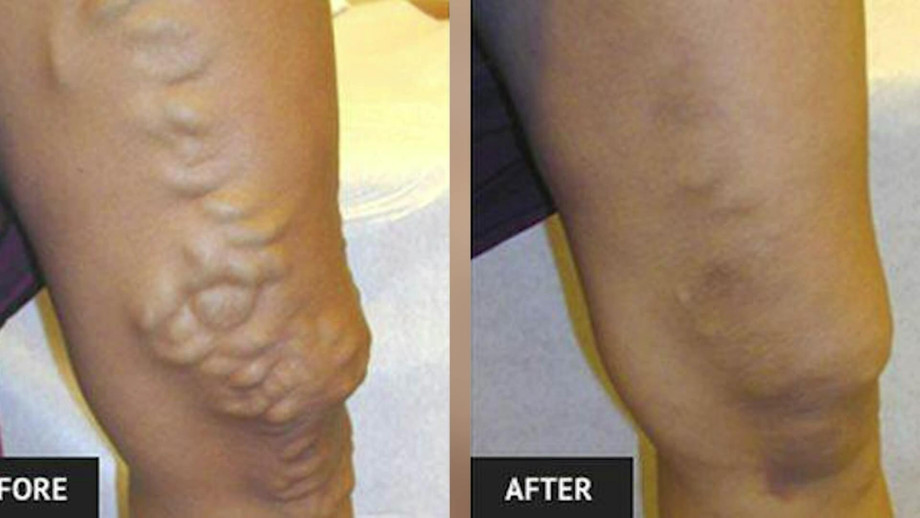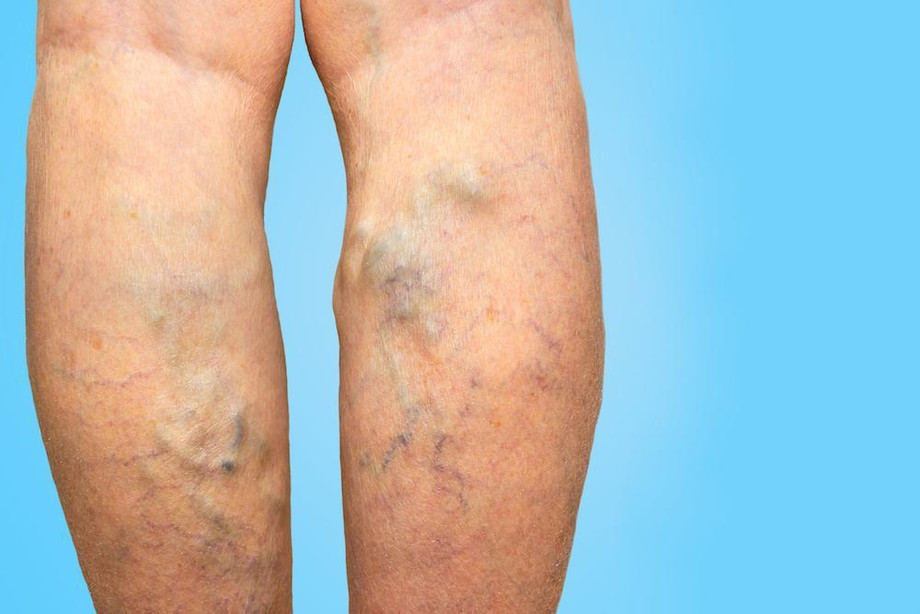For How Long Do Varicose Veins Last?
الجسم
Varicose veins that develop during pregnancy will generally disappear on their own two to three weeks following the birth of the child. Many people wonders Do Spider Veins Come Back After Laser Treatment? After laser therapy, varicose veins may recur in some persons.
The treated veins won't return, but a new varicose vein can develop on a different part of your leg. There's no permanent cure for varicose veins. But there are treatments to reduce their appearance and prevent new varicose veins from developing.
What are the complications and risks of having varicose veins?
If you leave these veins untreated, varicose veins can result in open sores called ulcers, bleeding, and skin discoloration. A chronic venous insufficiency may be present if there are severe varicose veins. This disorder impacts the ability of your veins to pump blood to your heart, and blood clots may be more likely to develop in people with varicose veins.
It's critical to let your Vein specialist know if you have varicose veins. If you don't know what is a Vein Specialist Called, a vain specialist is called a phlebologist or vascular surgeon. To assess and keep track of any clotting issues, your doctor should is:
Deep vein thrombosis (DVT)
A blood clot in a vein deep within your body is more likely to occur in people with varicose veins.
Superficial thrombophlebitis
Blood clots in varicose veins can lead to a disorder known as superficial thrombophlebitis or superficial venous thrombosis. Although unpleasant, thrombophlebitis rarely threatens the health, and you can also treat it.
Pulmonary Embolism
A blood clot in your body, typically resulting from DVT, can lodge in your lung and cause a pulmonary embolism. A pulmonary embolism is a potentially dangerous or fatal ailment that you must treat immediately.
What should we consult with our vein specialist about varicose veins?
Even though varicose veins are typically not harmful, you should still get an examination from your doctor. Treatments may be helpful if you're self-conscious about the appearance of your varicose veins. The skin or veins should be examined by your doctor as soon as possible if they are:
- Bleeding.
- Discolored.
- Red, uncomfortable, or heated to the touch.
- Swollen.
Numerous people suffer from these varicose veins. Varicose veins generally don't have a significant negative impact on health. Changes in lifestyle and DIY cures can alleviate symptoms and stop them from growing worse.
What causes problematic varicose veins?
When the walls of your veins decrease or deteriorate, varicose veins develop. The weaker vein walls allow it to expand as blood pressure rises within it. The valves in your vein that keep blood flowing in one direction can't function properly as your vein stretches. Slow-moving blood collects or pools in your vein, causing your veins to twist, enlarge, and bulge.
Cain valves and walls can become weak for several reasons, including
- Aging process
- Hormones
- Restrictive clothing
- The pressure inside the vein for long periods
- Excess weight
Conclusion
We hope the above article may help you understand more valuable details regarding Varicose veins and their treatment. For further information regarding varicose veins, please visit veintreatmentli.com.
Article Source : https://www.hugotips.com/for-how-long-do-varicose-veins-last/











تعليقات